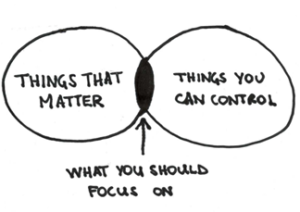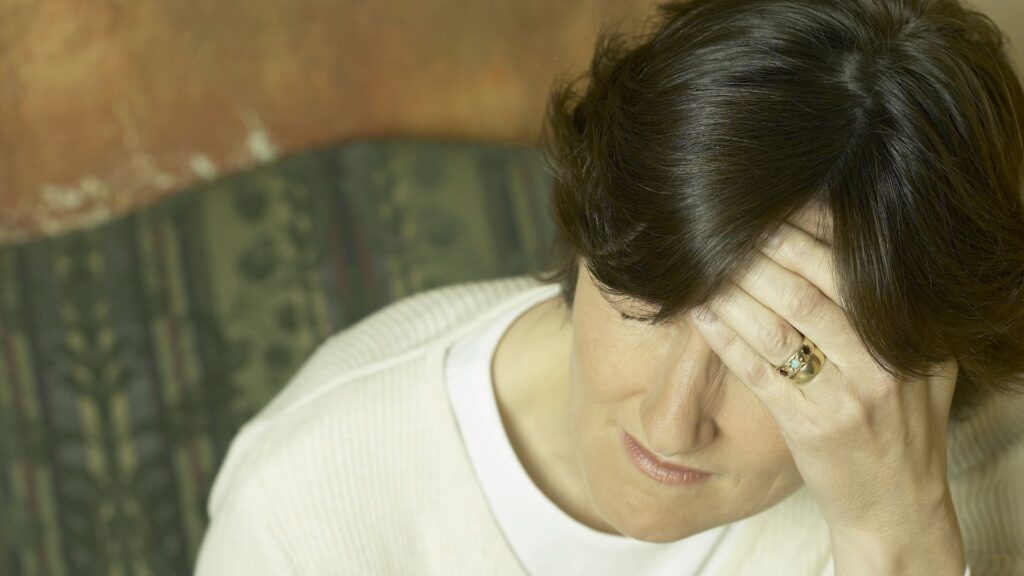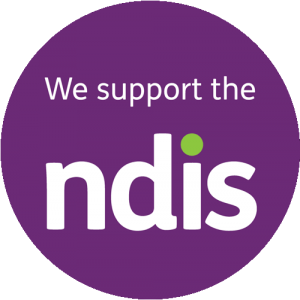Carer burnout – It can not only affect the carer’s physical and mental health, but also impacts on the person they are caring for… and for that matter… all of the family and supports around them.
Margie Walters, Manager – Business Support & Development, Connect4u Australia looks at this very real issue.

What we hear...
- "I'm so tired... I just can't anymore" (Rita*)
- "Some days I don't even get time for a shower" (Penny*)
- "I don't know what to do next, it's like a dead end" (Kate*)
Whilst Rita, Penny and Kate are pseudonyms, they are very real people, parents of participants I support in my role as an NDIS Support Coordinator with Connect4U Australia.
These are the kinds of comments that we expect to hear from parents with newborns, or parents going through major life stresses such as moving house or a separation. For families with children with a disability this is sometimes indicative of their experience…every… day… of… their… lives.
This has been, to some extent, my experience too. My brother James has a disability, and I remember as a child coming home from school to find he had painted the loungeroom, and everything in it, blue. Many a disturbed night – when James slept, we all dropped in place and slept too. I know this took a toll on my parents.
Living with a child with a disability can be like watching waves crashing on the beach – it is relentless and ongoing, and you can never turn your back.
For those who like the stats:
- It is estimated that 4.4 million Australians have a disability (www.aihw.gov.au)
- 10% of Australians are informally caring for a family member or a friend (ABS2019).
With this many carers, this is probably you, or someone you know.
What carer burnout looks like
Symptoms of carer burnout are broad ranging. They include, but are not limited to:
- Feeling exhausted and anxious
- Difficulty sleeping
- Feeling tired and run down
- Withdrawing from family, friends and activities
- Drinking, smoking or eating more
- Getting sick often
The severity of burnout rises exponentially when a carer has multiple symptoms.
... and then you see your child do something amazing
Carer burnout is something Michelle Daly, one of our Connect 4U Australia Support Coordinators, knows all about. “As a younger child, our son Tom’s disability meant that he didn’t have quick reflexes and he would regularly lose his balance. We were frequent flyers at the hospital – 16 visits over the years, each one taking up to six hours. This put a lot of pressure on our family as carers for Tom – we all felt that extra anxiety and stress. Tom is now 16 and I am very happy to say that through lots of therapy and support Tom can now ride his bike skilfully and safely. We are proud of the young man he is growing up to be.”
Building community
There is an old saying, “It takes a village to raise a child”, and never has this been more relevant than in today’s world where we can silo ourselves away in our homes and offices and communicate via mouse-clicks.
Yesterday I came home and saw our rather large dog racing around the cul-de-sac with at least a dozen neighbourhood children. Everyone was having the best time, playing chasies, fetch the ball, and making a fuss of the dog. With the children engaged, the adults used the time to catch up with each other’s news. There was a real sense of community in our little street.
There is an underlying assumption that parental capability comes from independence, but maybe we should change the narrative to focus on nurturing our interdependence and social connectiveness?
Be empowered
Feeling powerless can be a big contributor to carer burnout. As a carer you may not be able to change your available time, finances, or the amount of help you have, but you have the power of choice.
I like this model.

Other ideas to promote powerfulness include…
- Practicing gratefulness
- Embracing your choice to care
- Finding a little bit of 'me' time
- Looking for the silver lining
- Celebrating small wins
Where to get help
Carers are by definition courageous and strong. Carers step up, when others step back. But carers are better able to care for others if they have good physical, mental and emotional wellbeing. Taking time to look after ourselves, and ask for help when needed, is so important.
The Carer Gateway has information about a wide range of supports available for carers. They have identified seven stress busters:
- Take a break
- Talk with a professional
- Get some help from family and friends
- Talk with other carers
- Relax
- Me time
- Be in the present
Carers Queensland provides a range of specialised carer and disability support services including referral to organisations for financial assistance, mental health support and advocacy.
Your Caring Way can help carers gain the skills needed to fulfill a range of life goals.
Or you can talk to your Support Coordinator for referrals to carer supports in your local area.
Need a Support Coordinator? Give Connect4U Australia a call on 1800 595 423!


